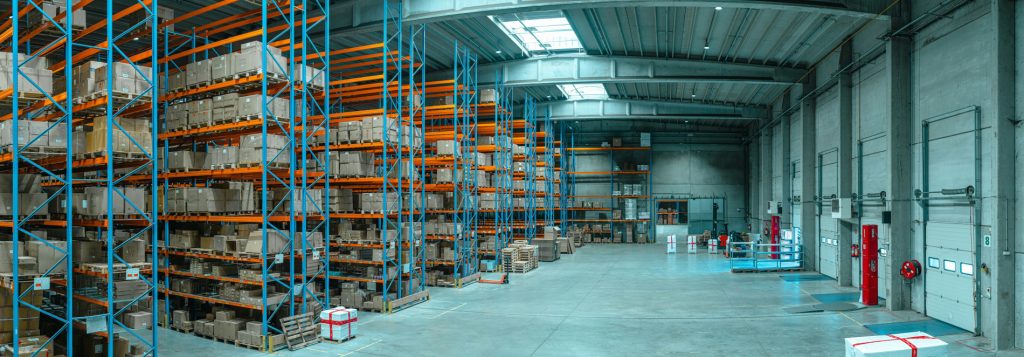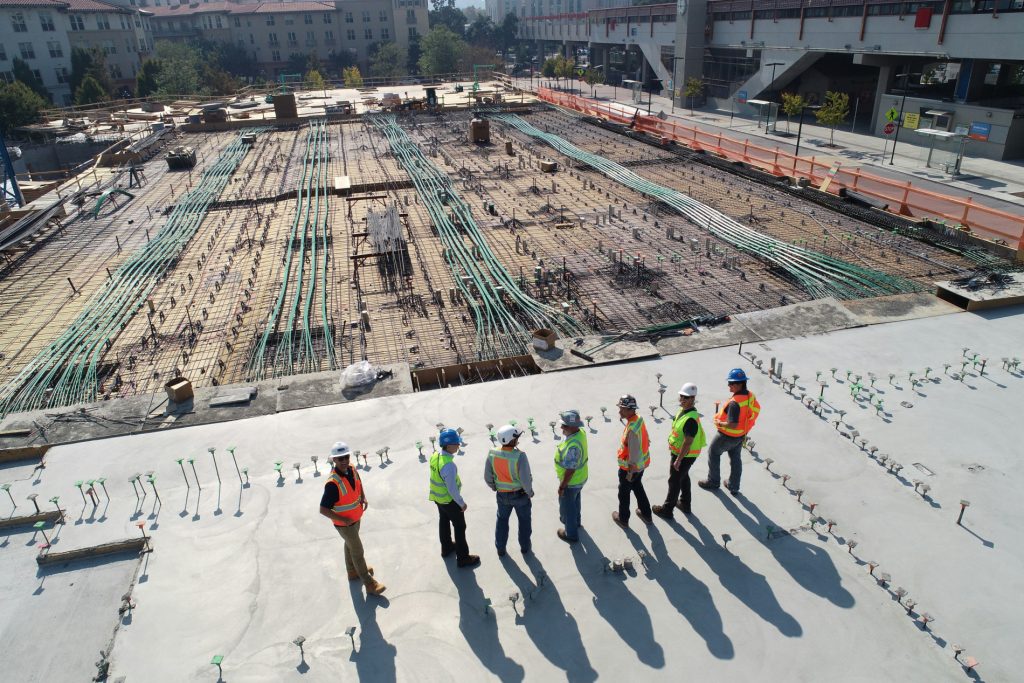Quality assurance in manufacturing: Ensuring excellence on the production line
Quality assurance in manufacturing is a systematic approach to guaranteeing the production of high-quality products that meet or exceed customer expectations. It involves a series of planned activities, standards, and procedures aimed at preventing defects and ensuring consistency throughout the manufacturing process. Quality assurance is vital in manufacturing for various reasons, ranging from customer satisfaction and brand reputation to operational efficiency and compliance with industry regulations. In this article, we will explore what quality assurance means in the context of manufacturing and why it is necessary for success in this industry.
What is Quality Assurance in Manufacturing?
Quality assurance in manufacturing refers to the implementation of processes, procedures, and controls to ensure that products are manufactured to meet predetermined quality standards consistently. It involves a series of planned activities, such as inspections, audits, and testing, that are designed to identify and address potential issues during the production process. The goal of quality assurance is to prevent defects and errors before products reach the customer, thereby reducing waste, minimising recalls, and maintaining customer satisfaction.
Why is Quality Assurance Necessary in Manufacturing?
Customer Satisfaction:
One of the primary reasons for implementing quality assurance in manufacturing is to ensure customer satisfaction. By consistently producing high-quality products that meet or exceed customer expectations, manufacturers can build trust and loyalty with their clientele. Satisfied customers are more likely to become repeat buyers and recommend the brand to others, contributing to business growth.
Cost Reduction:
Quality assurance helps manufacturers identify and rectify defects early in the production process, reducing the need for costly rework or recalls. By preventing defects from reaching the customer, manufacturers can save money on returns, replacements, and customer complaints.
Operational Efficiency:
Implementing quality assurance practices streamlines the manufacturing process and enhances overall efficiency. By identifying and resolving bottlenecks and inefficiencies, manufacturers can optimize their operations, reduce waste, and improve productivity.
Brand Reputation:
In the manufacturing industry, a strong brand reputation is essential for sustained success. Consistently delivering high-quality products builds a positive brand image and differentiates the company from competitors. A good reputation can lead to increased market share and customer loyalty.
Compliance and Safety:
In many manufacturing sectors, adherence to industry regulations and safety standards is mandatory. Quality assurance ensures that products meet the necessary safety and quality criteria, helping manufacturers remain compliant and avoid legal issues.
Continuous Improvement:
Quality assurance fosters a culture of continuous improvement within the manufacturing organisation. By collecting and analysing data on product quality and performance, manufacturers can identify areas for improvement and implement corrective actions.
Supplier Management:
Quality assurance extends beyond the manufacturing facility and also encompasses supplier management. Ensuring that suppliers meet the required quality standards helps maintain consistency in the raw materials and components used in the production process.
Risk Mitigation:
Quality assurance helps identify potential risks in the production process and supply chain, allowing manufacturers to proactively address them before they lead to costly issues or product failures.
Quality assurance is a critical aspect of the manufacturing process, with far-reaching implications for customer satisfaction, cost reduction, brand reputation, and compliance. By emphasising the production of high-quality products through systematic processes and controls, manufacturers can position themselves for success in a competitive market. Embracing quality assurance not only ensures that customers receive top-notch products but also contributes to operational efficiency and continuous improvement, driving long-term growth and prosperity.
ARE YOU LOOKING FOR STAFF IN THE HUNTER VALLEY NEWCASTLE REGION?
ASR Recruitment is a boutique recruitment agency specialising in Human Resources recruitment, Engineering recruitment, IT & Technology recruitment, Business Support recruitment, Marketing & Communications recruitment, Accounting & Finance recruitment and Construction recruitment.
Find out more by visiting our Clients page!
Looking for a new Role Search Jobs here.
From our blog
Read our articles below to see our latest insights.









